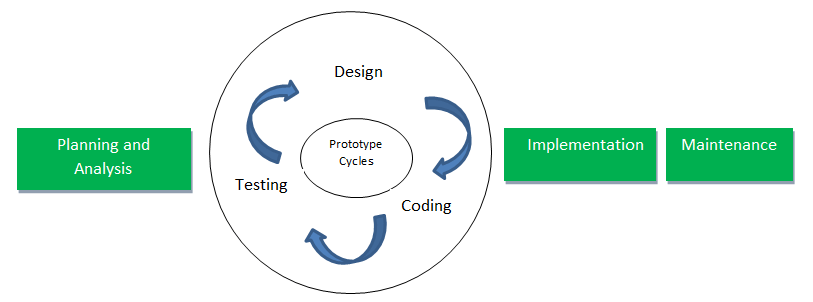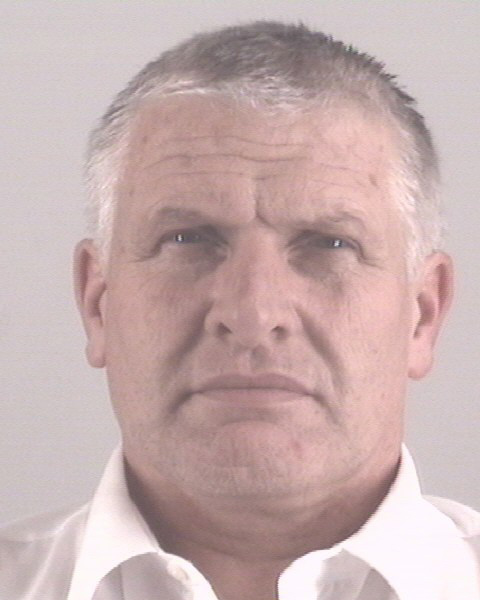
If you’re not Pete Buttigieg, and most of us are not, the Iowa caucuses were pretty much a disaster for Democrats, although you’d have to exclude Bernie Sanders, who may well end up the winner in the state, and Elizabeth Warren, who apparently will finish a decent third.
Let’s say at the top, the Buttigieg story is remarkable. I mean the idea of an openly gay mayor (or ex-mayor) of a midwestern town smaller than Pueblo finishing first or second in the Iowa caucuses is a Jimmy-Carter-plus excursion into the incredible. We’ll see if he can carry that momentum to New Hampshire — not a sure thing — and, if he does, whether he can begin to solve his inability thus far to make any headway in the African-American community.
But back to the debacle: Let me count the ways.
We can start with the vote-counting fiasco. The facts are plain. Iowa Democrats couldn’t even manage to count heads in gyms across a smallish state. In high school, we used to do that every day in PE. And when the results came in a day late, Iowa officials presented us with a very partial 62 percent count. Even Denver does a faster job counting votes than that. Apparently, the problem was that Iowa Dems couldn’t manage the high-tech complexity of an app. Seriously.
And for the state of Iowa, the fiasco could mean the Iowa caucus loses its longstanding first-in-the-nation status in the Democratic primary season. I would count that as a good thing. It’s not just the nearly all-white demographic of the state, but there’s also the now-outmoded idea that a caucus, which suppresses voter turnout, has any real relation to democracy. As I write this, Buttigieg has a slight lead in delegates and Sanders has a slight lead in the popular vote, which sort of makes the case.
We may be stuck with the Electoral College, but we don’t have to be stuck with the Iowa caucuses. I wouldn’t be surprised if there’s a movement to have the first four states — Iowa, New Hampshire, Nevada, South Carolina; all small enough where you don’t have spend Bloomberg-type money to compete — to hold primaries or, OK, caucuses on the same opening day.
Meanwhile, turnout in Iowa was apparently around the same level as 2016 despite the fact of the big field, meaning that there were a lot more candidates working to turn out their supporters. And despite the fact of, well, Donald Trump. Democrats, who had huge turnout in the 2018 midterms, figured that Democrats would be fired up this time as well, particularly during impeachment season. And Sanders, certainly, was counting on big turnout numbers to get him the win. We’ll see if Iowa was an anomaly.
The night was also not so great — actually, it was terrible — for Joe Biden, who took a big hit on his electability argument, which I’ve always thought was overstated. But he was the frontrunner in most national polls, although Sanders has been gaining, but which now leaves the muddled state of the Democratic field even more muddled. Biden has a clear passion deficit among his supporters. He has had trouble raising money. Some are now suggesting that voters may be worried that the bogus accusations of corruption made against Biden in the Trump impeachment trail could turn out to be the 2020 equivalent of Hillary Clinton’s emails.
Among those who think Biden’s South Carolina firewall may have some gaps is Michael Bloomberg, who just announced that he’s doubling the already obscene amounts of money he’s spending on campaign ads. (By the way, Bloomberg has apparently spent something like $200 million on campaign ads so far. Here’s the math on that: Bloomberg is reportedly worth $52 billion. If he earned a conservative 6 percent on the money, he’d make make $260 million in the next month. If it was 10 percent — high, but in this stock market, reasonable — it’d be $433 million. In a month.)
And before we get to Buttigieg, and his remarkable story, there a couple of more notes: In the latest Gallup poll, Trump has a 49 percent approval rating, the highest of his presidency. Despite impeachment. Despite his Trumpiness. Put it down to the economy, I guess, or to the fact that Democrats haven’t settled on a presidential candidate to make the case against him or to something far more dire.
And as for impeachment, Susan Collins says she’s a no vote, leaving Mitt Romney as the only possible GOP defector. I wouldn’t be surprised if a Democrat or two didn’t vote to acquit. And yet, polls show that around two-thirds of the country think Trump is guilty of trying to coerce Ukraine President Volodymyr Zelensky into investigating the Bidens for his own personal gain. Despite the expected vote in the Senate, more than half the senators have said Trump was “wrong” or “inappropriate” to threaten to withhold the military aid from Ukraine. Presumably we’ll hear even more weasely words from his GOP enablers.
So, Buttigieg. The result is astonishing. The left had a strong showing collectively in Iowa between Sanders and Warren, but Buttigieg made his case as the candidate not of the extreme. His manner certainly isn’t extreme. And his platform, to put it nicely, is fluid and sometimes barely discernible. But he has latched on to the idealism card, which is never a bad look for a young (too young?), forward-looking candidate.
But maybe the most interesting thing about Buttigieg on election night was that, as the last candidate to speak, he declared victory, not knowing for sure, because no one knows, if he’ll actually win. It was a bold choice. But as it turned out, it was the right choice. Sanders may eventually finish ahead of Buttigieg, but because we don’t have a winner and because a caucus vote makes everything more complicated, Buttigieg gets to claim the crown.
























![JBL JTQ360 - CAR AUDIO - SCHEMATIC [Circuit Diagram]](http://3.bp.blogspot.com/-bdk9SZ7BO0c/U1_jMWtpD5I/AAAAAAABAws/ALkyckPLd9s/s1600/power+amp.bmp.jpg)








![[Release] New and Improved Adult Channel](http://i.imgur.com/DKTSdPz.png)




![[PCソフト] Windows 10 Enterprise Version 1607 (Updates Jul 2016)](http://i.imgur.com/vJg3vh9.jpg)

